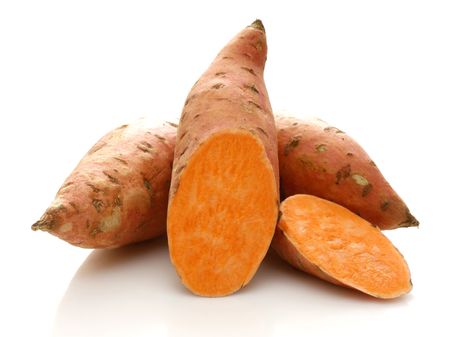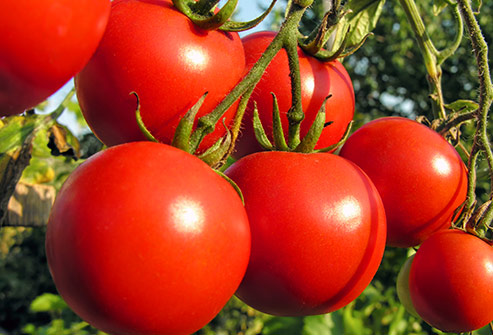Nutrition is important for health. The foods we eat can affect all aspects of our health. An unhealthy diet can damage your metabolism, cause weight gain and even hurt organs, such as your heart and liver, including the largest organ of the body which is the skin. .
As scientists learn more about diet and the body, it’s increasingly clear that what you eat can significantly affect the health and aging of your skin.
This post will highlight some common, readily available foods which can help keep your skin healthy.
Fatty Fish
Fatty fish, such as mackerel and herring, are rich sources of omega-3 fatty acids, which are important for maintaining skin health.
Omega-3 fatty acids are necessary to keep skin thick, supple and moisturized and a deficiency in omega-3 fats can cause dry skin. These omega-3 fats in fish reduce inflammation, which can cause redness and acne. They can even make your skin less sensitive to the sun’s harmful UV rays.
Some studies show that fish oil supplements may fight inflammatory and autoimmune conditions affecting the skin, such as psoriasis and lupus.
Fatty fish is also a source of vitamin E, one of the most important antioxidants for your skin. Getting enough vitamin E is essential for protecting your skin against damage from free radicals and inflammation
This type of seafood is also a source of high-quality protein, which is needed for maintaining the strength and integrity of your skin.
Lastly, fish provides zinc — a mineral vital for regulating inflammation, the production of new skin cells and overall skin health. Not having enough Zinc can lead to skin inflammation, lesions and delayed wound healing.
Avocados
Avocados are high in healthy fats which aid many functions in your body, including the health of your skin.
Getting enough of these fats is essential to keep skin flexible and moisturized.
It is also believed that avocados contain compounds that may protect your skin from sun damage. UV damage from the sun can cause wrinkles and other signs of aging.
Avocados are also a good source of vitamin E, which is an important antioxidant that helps protect your skin from oxidative damage. Interestingly, vitamin E seems to be more effective when combined with vitamin C.
Vitamin C is also essential for healthy skin. Your skin needs it to create collagen, which is the main structural protein that keeps your skin strong and healthy.
Vitamin C is also an antioxidant that protects your skin from oxidative damage — caused by the sun and the environment — which can lead to signs of aging.
Sweet Potatoes
Beta-carotene is a nutrient found in plants. It functions as provitamin A, which means it can be converted into vitamin A in your body.
Beta-carotene is found in oranges and vegetables such as carrots, spinach and sweet potatoes.
Sweet potatoes are an excellent source of vitamin A.
Carotenoids like beta-carotene keep your skin healthy by acting as a natural sunblock.
When consumed, this antioxidant is incorporated into your skin and protects your skin cells from sun exposure. This may help prevent sunburn, cell death and dry, wrinkled skin.
Also, high amounts of beta-carotene may also add a warm, tinge to your skin, contributing to an overall healthier appearance.
Tomatoes
Tomatoes are a great source of vitamin C and contain all of the major carotenoids, including lycopene.
Beta-carotene, lutein and lycopene have been shown to protect your skin against damage from the sun. They may also help prevent wrinkling.
Because tomatoes contain all of the major carotenoids, they’re an excellent food for maintaining healthy skin. When eaten with a source of fat such as olive oil, the carotenoids are more easily absorbed.
Walnuts
Walnuts are a good source of essential fatty acids, which are fats that your body cannot make itself. They’re richer than most other nuts in both omega-3 and omega-6 fatty acids.
Omega-3 fats reduce inflammation in your body — including in your skin.
What’s more, walnuts contain other nutrients that your skin needs to function properly and stay healthy such as zinc, small amounts of the antioxidants vitamin E, vitamin C and selenium, in addition to 4–5 grams of protein per ounce.
There are other foods that can help maintain skin health but these are the more common and readily available ones in our environment. A healthy and nutritious diet is usually enough to maintain healthy skin and make sure that your glow is not interrupted by acne and premature ageing.











